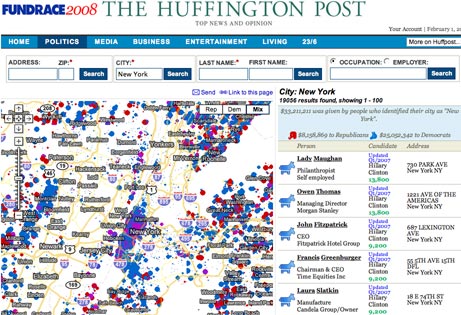While yesterday’s meeting of the House of Lords Communications Committee was less of a nostalgia trip than last week’s session, it seems uncertain what value the evidence given can be to the Lords’ review of media ownership.
First up was Sir Christopher Meyer, chairman of the Press Complaints Commission (PCC). Having asked Meyer to explain what the PCC does – and test this out with a few case studies – the moment was ripe for some questions on how the PCC is coping with regulating newspapers online and their video content.
Unfortunately, no such probing was done – as with previous sessions of the committee, the internet was referred to briefly and then dismissed. The review is meant to investigate trends in the ‘provision of news’, so why is little mention of online media being made?
The evidence given last week, where ex-Times editor Simon Jenkins described blogs as ‘bar room chats’ despite being a contributing blogger himself to The Huffington Post, was a case in point example of the committee’s grasp of the digital aspect of the newspaper industry. Jenkins’ comments were met with agreeing nods and laughter and a rehashing of ex-editor’s anecdotes was quickly resumed by speaker and panel.
As a current editor, hearing Rebekah Wade’s evidence was more pertinent than reviewing days gone by with previous employees, who can only offer their perspective on a paper or proprietor with whom they no longer have a connection.
In between attacking the Daily Mail’s content and recycling paragraphs from his diary, Alistair Campbell did his best to point this out to the panel. They could ask him his opinions on specific events and people, but they would remain just that – opinions, he admitted, often based on the personal likes or dislikes that are part of everyone’s character.
When the review reaches a conclusion – and there’s still some time to go – the amount of real insights presented, as opposed to historical overview and personal reflection, are likely to be scarce if the committee’s questions and subjects continue looking backwards and not forwards.

